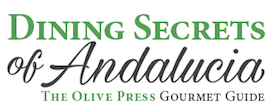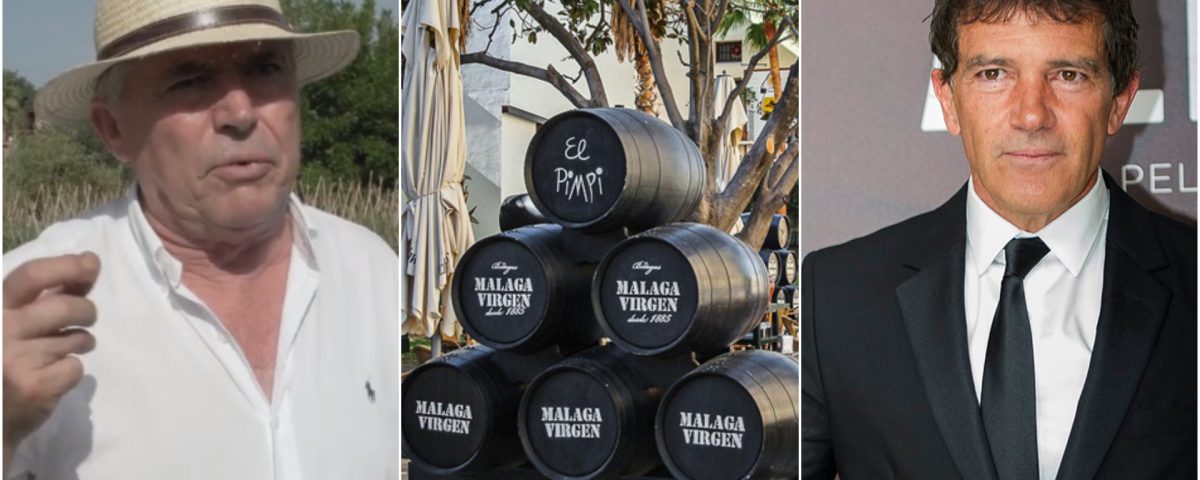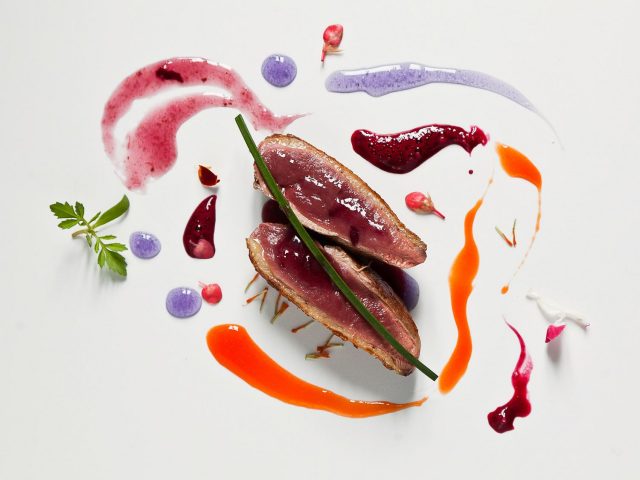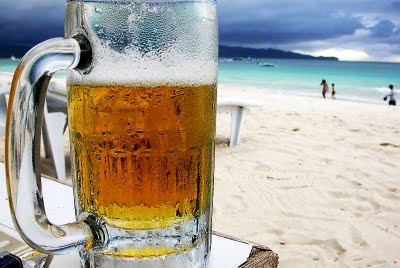- Have any questions?
- +34 951 273 575
- info@diningsecretsofandalucia.com

OIL’S NOT AS IT SEEMS: Charlatan olive oils make up 50% of ‘extra virgin’ bottles in Spain, study reveals
28 October, 2018
Taste of Autumn – Reservations… please!
30 October, 2018El Pimpi restaurant in Malaga reveals its secrets to success – high quality local produce
Have you eaten at El Pimpi in Malaga yet? We followed the famous eatery's locally-sourced ingredients from the inland farms to the plate – there's a reason Antonio Banderas couldn't help but invest!
Geplaatst door Olive Press op Zondag 14 oktober 2018
ASK any Malaga foodie where to eat and there’s a high chance El Pimpi will be top of the list.
The restaurant has taken on an iconic status after surviving in the city centre for more than 45 years.
And its commitment to everything local has won it accolades aplenty with the locals – most notably Hollywood Malagueño Antonio Banderas, who now part-owns the eatery after a hefty investment.
In an Olive Press TV exclusive, Thijs van Halteren follows the food from the gardens to the plate with head honcho Pepe Cobos.
Cobos explains how the restaurant keeps its carbon footprint to practically zero by sourcing its famous tomatoes and the freshest vegetables from inland farms in Coin and the Guadalhorce area – which Cobos aptly describes as ‘paradise’.
“When we talk about paradise we are talking about the entire Malaga province,” says Cobos.
“It’s not just the size of the tomato but its unique taste, which it gets from the soil and the great climate but also the love and the care it receives.”
On the ethos of the eatery, he adds: “We opened El Pimpi restaurant in 1971.
“The most important aspects for us were culture, tradition and supporting charities.
“And of course, supporting the use of natural produce.
“Over the years, thanks to our support of local culture, we’ve welcomed painters, artists, musicians, actors…because we believe culture can liberate a village.
“A rich village without culture is poor, but a poor village with culture is rich.”




